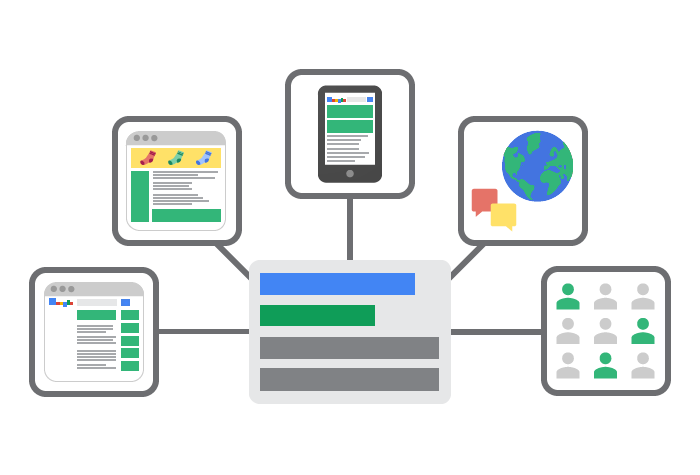Advertising has been the best way to earn money on the web ever since the very first days of the internet. Just look at the most popular search engine giants. They get most of their revenue from hosting online advertisements, and the income stream has been vastly expanded by the world going mobile, which they also helped in doing. In fact, we can say that without advertisements, we would not be given one of the most popular mobile operating systems in use today.
Online advertising used to be characterized by annoying pop-ups, glaringly dangerous links to malware, and the like, but through constant market analysis and development, it has evolved into a sophisticated marketing tool that is easy to apply once you have your marketable content on hand. Take PPC as an example of an easy advertising system.
Pay-per-click, or PPC for short, is simply a type of online marketing wherein an advertiser pays for every click on its ad hosted by the leased web space. Its most widely used form is the one employed by search engines, so-called “sponsored links”. These links may or may not lead to useful content, but all the same, the search engine will receive payment from the advertiser whenever a user clicks on such a link. The typical model will include bidding on keywords or key phrases relevant to the advertiser’s target market, where the content provider outbids the others on the price they are willing to pay for a unique user click.
There are also fixed price models where the web host will simply list the price for a click on its web space. A typical example of this is the banner ad.
An “affiliate” model also exists, and through this, third-party websites with high page visits may be taken in as affiliates by the merchant ad hoster. An affiliate is offered a financial incentive in the form of a percent share in the ad revenue, and the ad hoster simply uses the affiliate’s web space to show advertisements. This is a performance-based model. It will not cost the merchant anything if the affiliate will not generate unique ad clicks.
This is useful for directing traffic towards your website as a legitimate marketing approach. Search engines, besides actual content, are the most visited pages on the internet, and account for more link direction than actual URL typing in the browser address bar. Signing up for PPC with a search engine is the most visible you can get.
However, users have to be careful because the PPC system is prone to abuse by bots, and is easy to attack with click fraud. Click fraud occurs when a person, script, or even a program imitates a unique ad click, with the intent of simply generating revenue, and not for true marketing. This is a black-hat, or unorthodox, practice, and its maliciousness detracts from the true purpose of online advertising, that is, as a means of promoting the natural growth of a website with the help of paid exposure.




